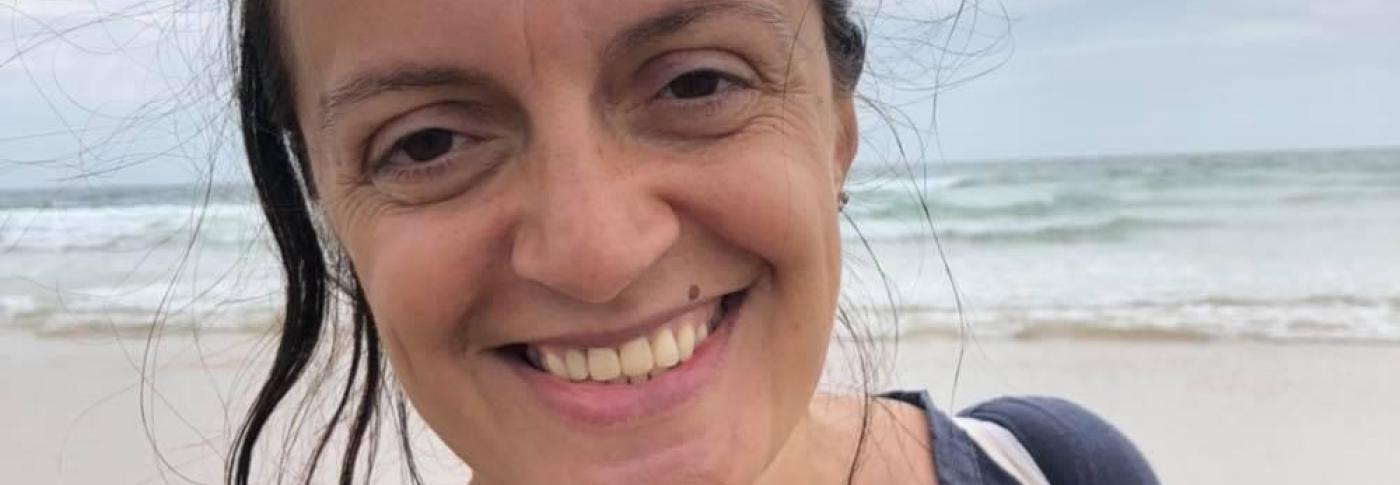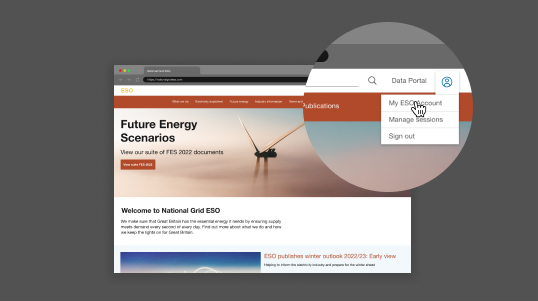
Aida Gunic Rejwerska – we are living the future today
23 Jun 2021 - 2 minute read
Aida Gunic Rejwerska is a Power System Engineer at our National Control Centre and has been at the ESO for five years. We spoke to Aida to find out how her role is vital to keeping the lights on.
Tell us a bit about yourself
I’m a mother of three (very) outspoken daughters and a dog-mum of two giants (a St. Bernard and a Great Dane)!
I started at National Grid ten years ago and started in a training program which gave me a great opportunity to move across departments and learn about all the different areas of National Grid – it’s amazing what goes into powering our country!
I joined the ESO and the National Control Centre five years ago. I’m currently working towards my full Transmission Security Engineer role.
What does your role entail and how does it support the ESO in creating a system which can operate at zero carbon in 2025?
I am a dual authorised ENCC engineer which means I have two roles. In my role of Transmission Analysis Engineer for Scotland, I work on planning and improving our network so that it can operate at its best. I also look at out how we can build more renewable energy into the grid whilst still keeping the lights on safely and reliably.
In my other role as Assistant Transmission Security Engineer for South E&W I monitor the transfer of large amounts of electrical power through the system. As well as this, we make sure that the right people can access the system to maintain and replace parts of the grid. This is really important so that we can maintain safe, healthy and reliable equipment on the Network.
Being part of the future energy landscape is so exciting. We are living the future today!
What is the most exciting part of your job?
Being part of the future energy landscape is so exciting. We are living the future today! We are making it possible for new technologies and connections to be a part of the grid, which in turn will help us reach our Zero Carbon operation target by 2025.
What advice would you give to your younger self?
Don’t wait to be asked – invite yourself to the table and be part of the discussion.
